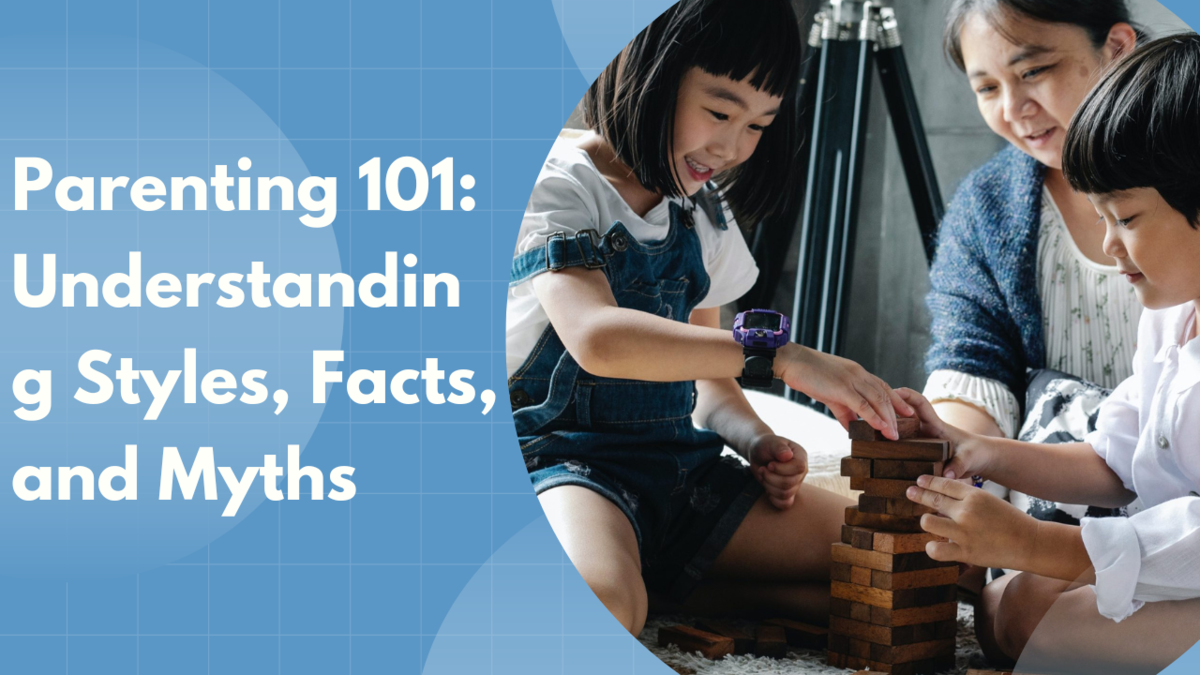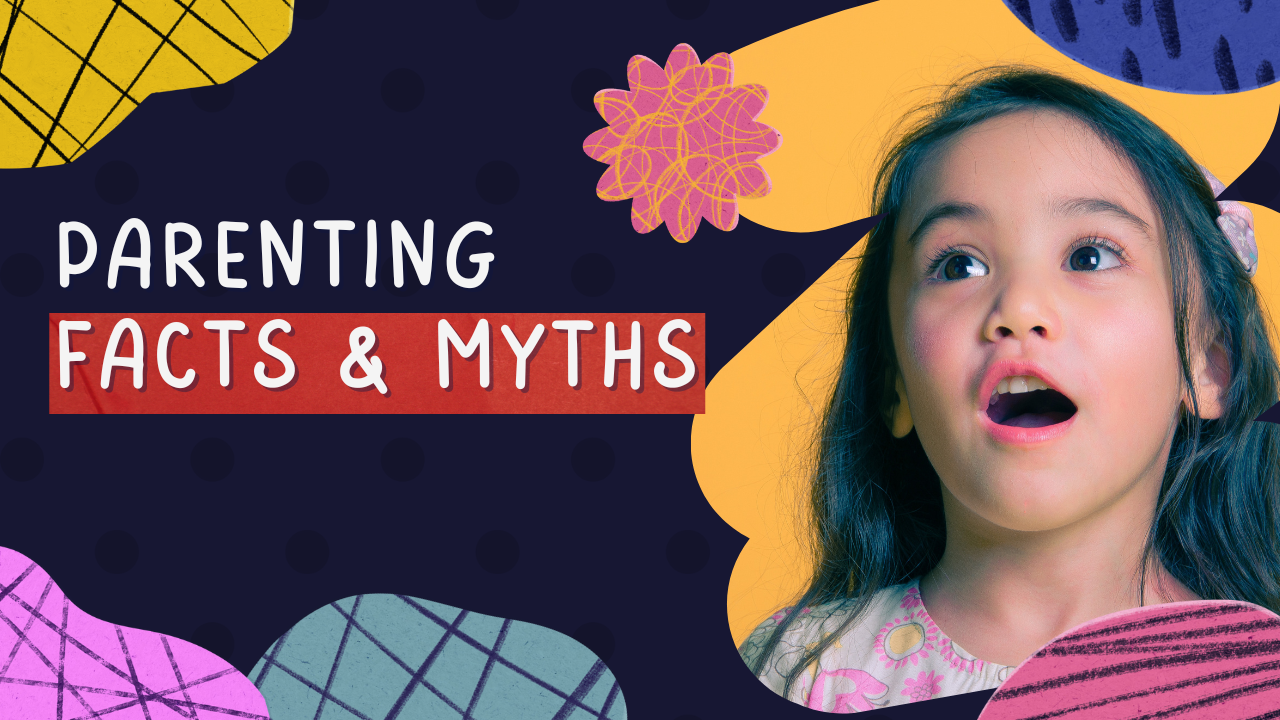Parenting 101: Understanding Styles, Facts, and Myths
Parenting is a lifelong journey that brings joy, challenges, and a deep sense of responsibility.

Parenting is a lifelong journey that brings joy, challenges, and a deep sense of responsibility. It is an art that involves nurturing and guiding children to become capable, compassionate, and confident individuals. However, parenting is not a one-size-fits-all approach, as it encompasses various styles, each with its own unique characteristics and impact. In this blog, we will explore the essence of parenting, delve into different parenting styles, and debunk some common parenting myths.
What is Parenting?

Parenting refers to the process of raising and nurturing a child, providing them with the emotional, physical, and intellectual support they need to grow and develop into well-rounded individuals. It involves creating a loving and secure environment where children feel safe, valued, and encouraged to explore the world around them.
Different Styles of Parenting:

1. Authoritative Parenting:
This style emphasizes a balance between nurturing and setting clear boundaries. Authoritative parents are responsive to their child's needs while also maintaining consistent rules and expectations. They encourage independence, offer guidance, and foster open communication, resulting in children who are self-disciplined, confident, and socially competent.
2. Authoritarian Parenting:
Authoritarian parents are characterized by their strict rules and high expectations. They prioritize obedience and discipline, often employing punitive measures. While they may have good intentions, this style can hinder a child's autonomy and creativity, potentially leading to lower self-esteem and difficulties in decision-making.
3. Permissive Parenting:
Permissive parents are lenient and indulgent, often placing their child's desires above discipline and structure. They are nurturing and accepting, but may struggle to establish boundaries. Children raised under permissive parenting styles may experience challenges with self-control, responsibility, and authority.
4. Uninvolved Parenting:
Uninvolved parents have limited emotional involvement and little interaction with their children. They provide the basic necessities but lack consistent support, guidance, and emotional connection. This style can lead to feelings of neglect, insecurity, and poor self-esteem in children.
Parenting Facts & Myths:

1. Myth: Perfect parents exist.
Fact: Parenting is a continuous learning process, and no one is perfect. Each child and family dynamic is unique, requiring adaptation and flexibility. Embracing imperfections and learning from mistakes is crucial.
2. Myth: Parenting should be instinctual.
Fact: While parental instincts can be helpful, parenting also requires knowledge, skill-building, and ongoing effort. Seeking guidance, attending parenting classes, or reading relevant literature can enhance parenting abilities.
3. Myth: Discipline means punishment.
Fact: Discipline is about teaching and guiding children to make responsible choices. It involves setting clear expectations, providing explanations, and implementing logical consequences when necessary. Discipline should be rooted in love and respect, rather than punishment alone.
4. Myth: Good parents never get frustrated.
Fact: Parenting can be challenging, and feeling frustrated or overwhelmed is normal. Acknowledging and managing these emotions in healthy ways is essential for maintaining a positive parent-child relationship.
5. Myth: Parenting ends when children become adults.
Fact: Parenting continues throughout a child's life, evolving into a supportive and guiding role. Even as children grow older, they benefit from their parents' love, wisdom, and emotional support.
Parenting is a multifaceted journey that involves love, dedication, and adaptability. Understanding different parenting styles allows us to reflect on our own approaches and make informed choices.
By focusing on building strong connections, providing guidance, and fostering a nurturing environment, we can support our children's growth and development effectively. Remember, there is no one right way to parent, but staying informed, open-minded, and attentive to our children's needs will help us navigate this incredible adventure of raising the next generation.

